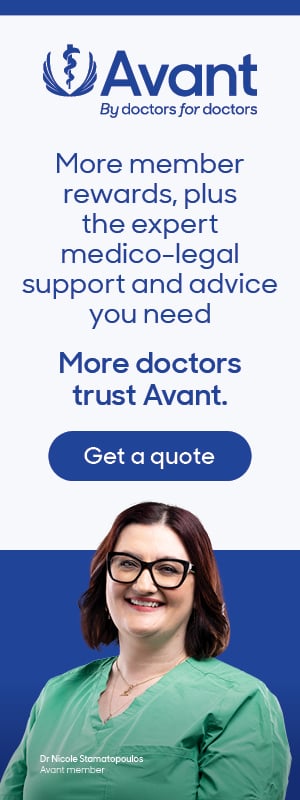On average, women in Australia and New Zealand have high levels of health throughout their life. However, the same cannot be said for our Pacific neighbours. According to the World Health Organisation (WHO) at least half of the world’s people are currently unable to obtain essential health services.
RANZCOG’s vision in global health is to contribute to regional efforts to empower the reproductive health workforce to meet the challenges of providing quality care in low-resource and isolated settings through collaboration, partnerships and advocacy. RANZCOG’s commitment includes:
- Educational support
- Provision of resources
- Networking support
- Facilitation of training
- Research
- Continuing professional development (for O&Gs, midwives and other reproductive health workers)
In this series, we will be highlighting the crucial and inspiring work some of our Fellows have undertaken as part of our Global Health Initiative.
Miriam, was there anything in particular that you wanted to achieve with your work in Papua New Guinea (PNG)?
It’s not so much that I wanted to achieve something more than it was a process of discovery. The important thing for me was to do something that was useful.
PNG is quite a complex country so I wanted to make sure that I was responding to actual needs. Firstly, we need to be aware that there was a process of colonisation in PNG; so in order to be culturally appropriate in my care I did a Master of Public Health and gave myself time to understand the culture and learn the language. I acted as a Safe Motherhood Advisor in the National Department of Health (a Technical Advisor position funded by DFAT) and started my collaboration by responding to the needs at NDoH and assisted them to expand their vision of “MCH” (Maternal and Child Health) to encompass rather more in relation to Sexual and Reproductive Health. Over the last 5 years I developed and ran the national Reproductive Health Training Unit, providing in-service training in S&RH, primarily to those working in Primary Health Care.
What are the biggest challenges you faced?
Leaving Melbourne – my family, social life and culture – was an important personal challenge in this experience. Leaving your own culture and then arriving to one that has more than 800 different languages is hard.
In terms of professional challenges, finding credibility was hard work. You can’t do anything fancy there. Conditions are so different to the ones that we see in Australia that sometimes you’ll hit the ground running and others you’ll miss by a mile. I wasn’t expecting to find such difficult working conditions. My colleagues constantly run out of drugs or equipment. There’s no social security, therefore, medical practitioners’ responsibility to their extended families is significant because it is one of the highest paying professions; they often have lots of dependants. It is quite surprising how medical professionals in PNG can do everything with nothing. So the moral in the end is to sit back and learn rather than charge in. You can’t say: ‘this is how we do things!’ You need to ask: ‘what can I do to help you?’ If you’re going to work in low-resourced areas, be prepared to be shocked, value your resilience, respect local strengths and find entry points to help.
What advice would you give fellow medical colleagues wishing to take part in global health initiatives in the future?
There are a lot of options for people who’d like to get involved. Global Health is a growing network, and your entry point can be whatever you like. You can do a Master of Public Health alongside membership training; this qualification will give you an understanding of the language of development and provide you with important networking opportunities. You can go to a developing country and teach; you’ll have to change your content according to the context though, so it’s advisable that you get there beforehand to adjust accordingly. You can volunteer with Médecins Sans Frontières or other similar organisations. You can arrange job sharing with hospitals abroad. In fact, you do not even have to get on a plane and go there, you can assist in other ways through: curriculum development, teaching foreign practitioners in Australia, liaising with global academics…Write your own job description and then see if it exists! Don’t wait for the perfect job to appear, decide what you’re good at and go get it. But whatever you do, just make sure it’s not voluntourism. You need to give back under the guidance of local colleagues. Your work needs to be driven from their end.
Thank you, Miriam.
Working with others, RANZCOG members can offer education, clinical skills, research mentorship, and financial support to improve women’s and family health across the globe. Interested in getting involved? Review our current pathways here.



